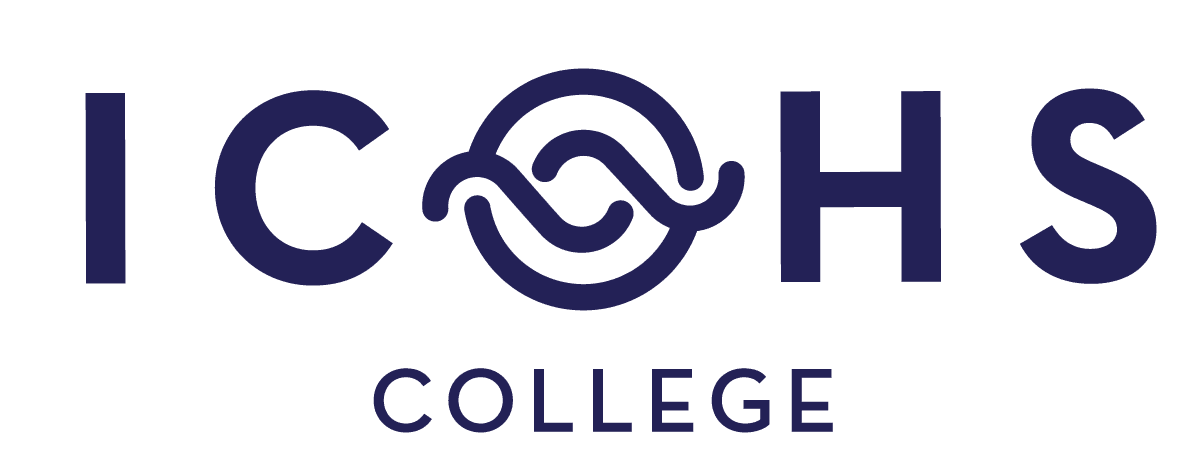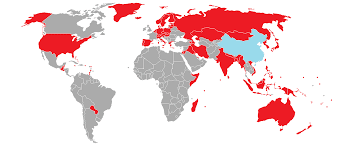What is CBD?
Cannabidiol (CBD) is a natural compound found in the resinous flower of cannabis, a plant with a rich history as a drug that dates back thousands of years. Currently, scientists and doctors around the world are testing and confirming the therapeutic properties of CBD. A safe and non-addictive substance, CBD is one of the more than one hundred “Phytocannabinoids”, which are exclusive to cannabis and give the plant its robust therapeutic profile.
CBD is closely related to another important medicinally active Phytocannabinoid: tetrahydrocannabinol (THC), the compound that causes the psych activity for which cannabis is famous. These are the two components of cannabis that have been most studied by scientists.
Both CBD and THC have significant therapeutic attributes. But unlike THC, CBD does not make a person feel “high” or intoxicated. This is because CBD and THC act in different ways on different receptors in the brain and body.
CBD can really decrease or neutralize the psychoactive effects of THC, depending on the amount of each compound consumed. Many people want the health benefits of cannabis without psych activity, or with less very little of it.
The fact that CBD is therapeutically potent and non-intoxicating, and easy to take as a CBD oil, makes it an attractive treatment option for those who are cautious when trying cannabis for the first time. (World Health Organization, 2017)
CBD: the multiple molecules
Many people are looking for alternatives to pharmaceuticals with severe side effects: medicine is more in tune with natural processes. By taking advantage of how we function biologically at a deep level, CBD can provide relief for chronic pain, anxiety, inflammation, depression, and many other conditions.
Extensive scientific research largely sponsored by the US government, and the growing anecdotal accounts of patients and doctors, highlight the potential of CBD as a treatment for a wide range of diseases, including (but not limited to):
– Autoimmune diseases (inflammation, rheumatoid arthritis)
– Neurological conditions (Alzheimer’s, dementia, Parkinson’s, multiple sclerosis, epilepsy, Huntington’s chorea, stroke, traumatic brain injury)
– Metabolic syndrome (diabetes, obesity)
– Neuropsychiatric disease (autism, ADHD, posttraumatic stress disorder, alcoholism)
– Gut disorders (colitis, Crohn’s disease)
– Cardiovascular dysfunction (atherosclerosis, arrhythmia)
– Skin disease (acne, dermatitis, psoriasis).
CBD has demonstrated neuroprotective effects and its anti-cancer properties are being investigated in several academic research centers in the United States and elsewhere. A 2010 brain cancer study by California scientists found that CBD “increases the inhibitory effects of THC on the proliferation and survival of human glioblastoma cells.” This means that CBD makes THC even more potent as an anticancer substance. Also, in 2010, German researchers reported that CBD stimulates neurogenesis, the growth of new brain cells, in adult mammals. (Russo, 2008)
How does CBD work?
CBD and THC interact with our bodies in various ways. One of the main ways they impact us is by mimicking and increasing the effects of the compounds in our bodies called “endogenous cannabinoids,” named for their similarity to the compounds found in the cannabis plant. These “endocannabinoids” are part of a regulatory system called “endocannabinoid system”
The discovery of the endocannabinoid system has significantly improved our understanding of health and disease. It has important implications for almost all areas of medical science and helps explain how and why CBD and THC are such versatile compounds, and why cannabis is a plant that greatly alters mood, despite its illegal status
The endocannabinoid system plays a crucial role in regulating a wide range of physiological processes that affect our daily experience: our mood, our energy level, our intestinal strength, immune activity, blood pressure, bone density, glucose metabolism. , how we experience pain, stress, hunger and more.
What happens if the endocannabinoid system does not work properly? What are the consequences of an overactive or poorly chronic endocannabinoid system?
In a word, the disease.
Cutting-edge science has shown that the endocannabinoid system is deregulated in almost all pathological conditions. Therefore, it is logical to think that “the modulation of the activity of the endocannabinoid system can have a therapeutic potential in almost all diseases that affect humans”, as suggested by Pal Pacher and George Kunos, scientists from the National Institute of Health ( NIH) from the USA UU., In a 2014 publication.
By modulating the endocannabinoid system and improving the tone of the endocannabinoid, the CBD and THC can slow or, in some cases, stop the progression of the disease. (Project CBD, 2019)
CBD pharmaceutical
There is much enthusiasm for the healing potential of CBD, with good reason.
But it was not until June 25, 2018, that the U.S. Food and Drug Administration (FDA) recognized cannabidiol as a real medication by approving Epidiolex, a near-pure CBD pharmaceutical formulation, as a treatment for two serious pediatric seizure disorders, Lennox- Gastaut syndrome and Dravet syndrome.
This was the first time since the time of madness of the devil’s lettuce 80 years ago, when “marijuana” became a crime instead of a cure, that the federal government had officially approved a cannabis-derived product.
In response to the FDA’s historic decision, the Drug Control Administration (DEA) announced in September 2018 that it had removed Epidiolex from the classification of List I, a category reserved for dangerous drugs with no medical value.
Henceforth, Epidiolex would be considered a drug in List V, the least dangerous designation under the Controlled Substances Act.
But the DEA kept cannabis and CBD itself in Annex I as an illegal narcotic. In the world, according to Uncle Sam, the pharmaceutical CBD is officially the only good cannabinoid, while the rest of the plant remains an “evil” herb.
Given the reputation of CBD as a popular artisanal remedy, one might think that Epidiolex would draw much attention off-label. After all, doctors often prescribe pharmaceutical products that are not on the label to treat conditions that were not the real focus of clinical trials. But the expensive price tag for Epidiolex (over $ 30,000 a year) excludes the prescription of the tag, as well as affordable access for tens of millions of Americans without health insurance.
CBD OIL
For those who cannot obtain pharmaceutical CBD, there are numerous online stores, community markets, coffee shops, health clubs, chiropractic offices, luxury boutiques and service stations that sell various products derived from hemp-derived CBD resin, including the isolates of pure CBD comparable in chemicals.
Epidiolex makeup.
CBD oil products and flowers with different levels of THC and CBD are also available for smoking or vaporizing in cannabis dispensaries in states that have legalized the herb for therapeutic use.
In response to massive consumer demand, a huge unregulated market for products derived from CBD resin reached a critical mass in 2018. A sudden increase in consumer interest in all things CBD was suddenly noteworthy with hosts of praise from athletes, movie stars, soccer moms and parents of desperately ill children.
CBD oil has been promoted as a cure for the sick and as a preventive for health, a multi-use palliative for both pets and people of all ages.
But along with a growing awareness of cannabidiol as a potential health aid, there has also been a proliferation of misconceptions about CBD and cannabis therapeutics. (FDA, 2019)
The challenge of CBD
CBD is a molecule, not a miracle. Many people could benefit significantly from legal access to a wide range of cannabis remedies, not just products with low THC content or without THC. CBD alone can’t always do the trick. There is convincing evidence that the CBD works best in combination with THC and the full spectrum of other cannabis components.
Discovering how to optimize the therapeutic use of cannabis is the driving force behind the great laboratory experiment in democracy known as medical marijuana that has been developed the state by state and country by country in recent years.
The arrival of potent cannabis oil concentrates, CBD-rich non-toxic products and innovative smoke-free delivery systems has transformed the therapeutic landscape and changed the public conversation about cannabis.
It is no longer about discussing whether cannabis has merit as an herbal medicine; Today, the key challenge is to discern how to use cannabis to obtain a maximum therapeutic benefit. Given their low-risk profile, many people are using CBD as a complementary therapy to their existing treatment plans.
But most health professionals know little about CBD or cannabis therapeutics and lack enough experience to properly advise patients regarding dosage, modes of administration, CBD / THC synergies and any risk factor, including interactions with other medications.
Instead, the responsibility has been in a community of self-sufficient patients, support families and a few pioneer doctors who have learned a lot through trial and error and shared information on how to navigate the promising pathways of cannabis therapy.
Instead, the responsibility has been in a community of self-sufficient patients, support families and a few pioneer doctors who have learned a lot through trial and error and shared information on how to navigate the promising pathways of cannabis therapy. (Tietjen, 2019)
Bibliography
FDA. (2019, 12 06). Public Health Focus. Retrieved from www.fda.gov: https://www.fda.gov/news-events/public-health-focus/fda-regulation-cannabis-and-cannabis-derived-products-including-cannabidiol-cbd
Project CBD. (2019, 12 09). Science. Retrieved from www.projectcbd.org: https://www.projectcbd.org/science/how-cbd-works
Russo. (2008). Cannabinoids in the management of difficult to treat pain. Vashon: PMC.
Tietjen. (2019, 04 19). Beauty/Beauty Features. Retrieved from www.wwd.com: https://wwd.com/beauty-industry-news/beauty-features/trials-and-tribulations-of-launching-a-cbd-brand-1203110929/
World Health Organization. (2017). CANNABIDIOL (CBD) . Geneva: ECDD.









